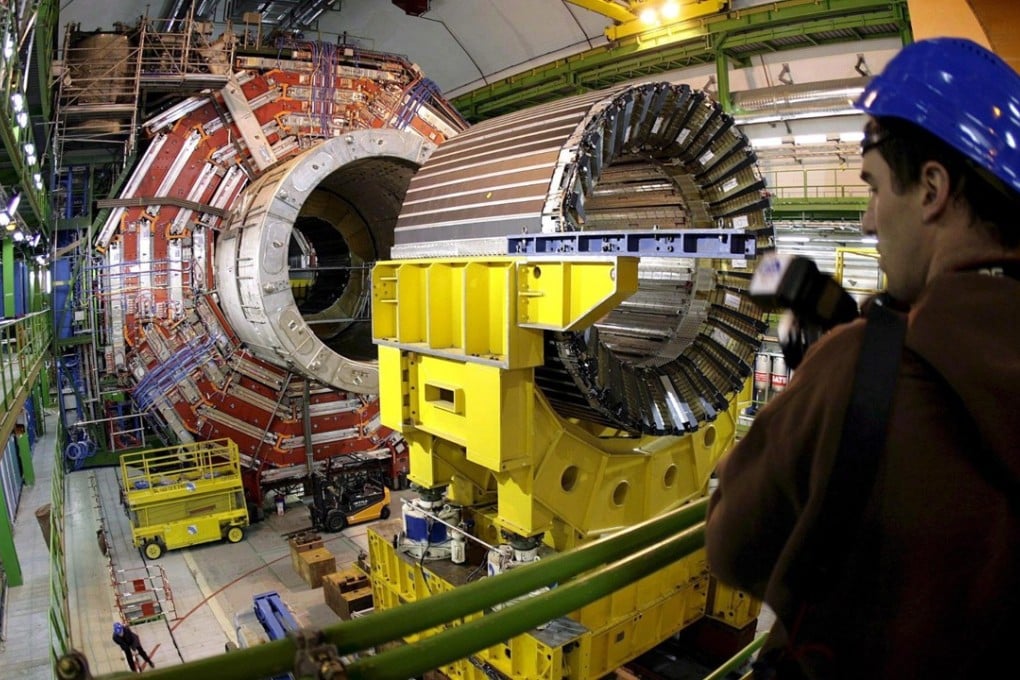Japan plans search for Higgs boson, end of world allowing
- Cern’s Large Hadron Collider sparked fears its search for the ‘God particle’ could rip the universe apart. Now Japan plans to build its successor in an area prone to earthquakes. What could possibly go wrong …

The last time physicists tried to unlock one of the universe’s best-kept secrets – the existence of the Higgs boson, or so-called ‘God particle’ – they provoked fears that the end of the world was nigh.
This time around, Japanese scientists are showing a little more nerve: by planning to locate their highly sensitive particle accelerator in the middle of an earthquake-prone area.
Japan is ploughing ahead with plans to host the International Linear Collider (ILC), a successor to the Large Hadron Collider at the European Organisation for Nuclear Research (Cern) in Geneva, despite misgivings over its safety and cost.
Cern’s particle accelerator attracted widespread media coverage in 2008 after a group of scientists tried to prevent it from being switched on, claiming in a lawsuit lodged at the European Court of Human Rights that its activation could create either a mini-black hole that would swallow the earth or perhaps a catastrophic reaction in the fabric of space and time that would rip the entire universe apart.
In contrast, Japan’s ministry of science and technology has been prosaic in weighing up the pros and cons of its own machine – noting the considerable costs of the plan but saying the facility housing the accelerator could be constructed on a bedrock of granite to ensure it could withstand an earthquake.
Of course, there would be positives to hosting the world’s longest linear particle accelerator – at between 30km and 50km the ILC would be more than 10 times as long as its nearest rival (Cern’s LHC, which is 27km is built in a circular tunnel).